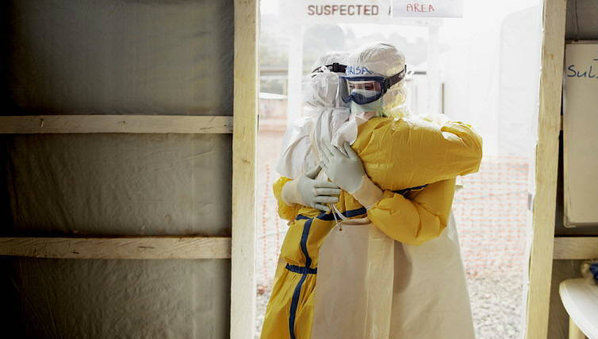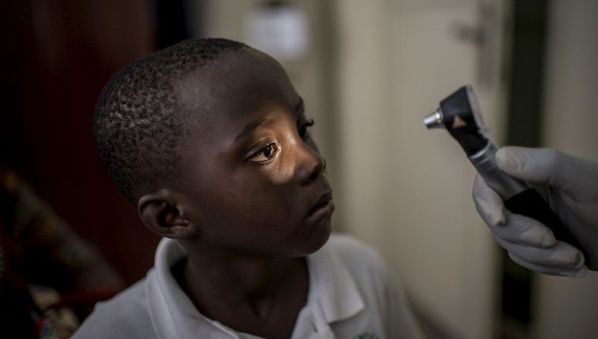You are here
Mon, 2016-03-07 18:26 — davidmc
SLRS Content Management Group
This group is focused on building content for the Sierra Leone Resilience system and Content Management within Sierra Leone
Add Content to this group
Members
| davidmc | foday haddi daramy | Hank Rappaport | Kathy Gilbeaux | mdmcdonald | MDMcDonald_me_com |
| Obilia Kamara | Paulshido |
Email address for group
slrs_content_management@m.resiliencesystem.org









Recent Comments